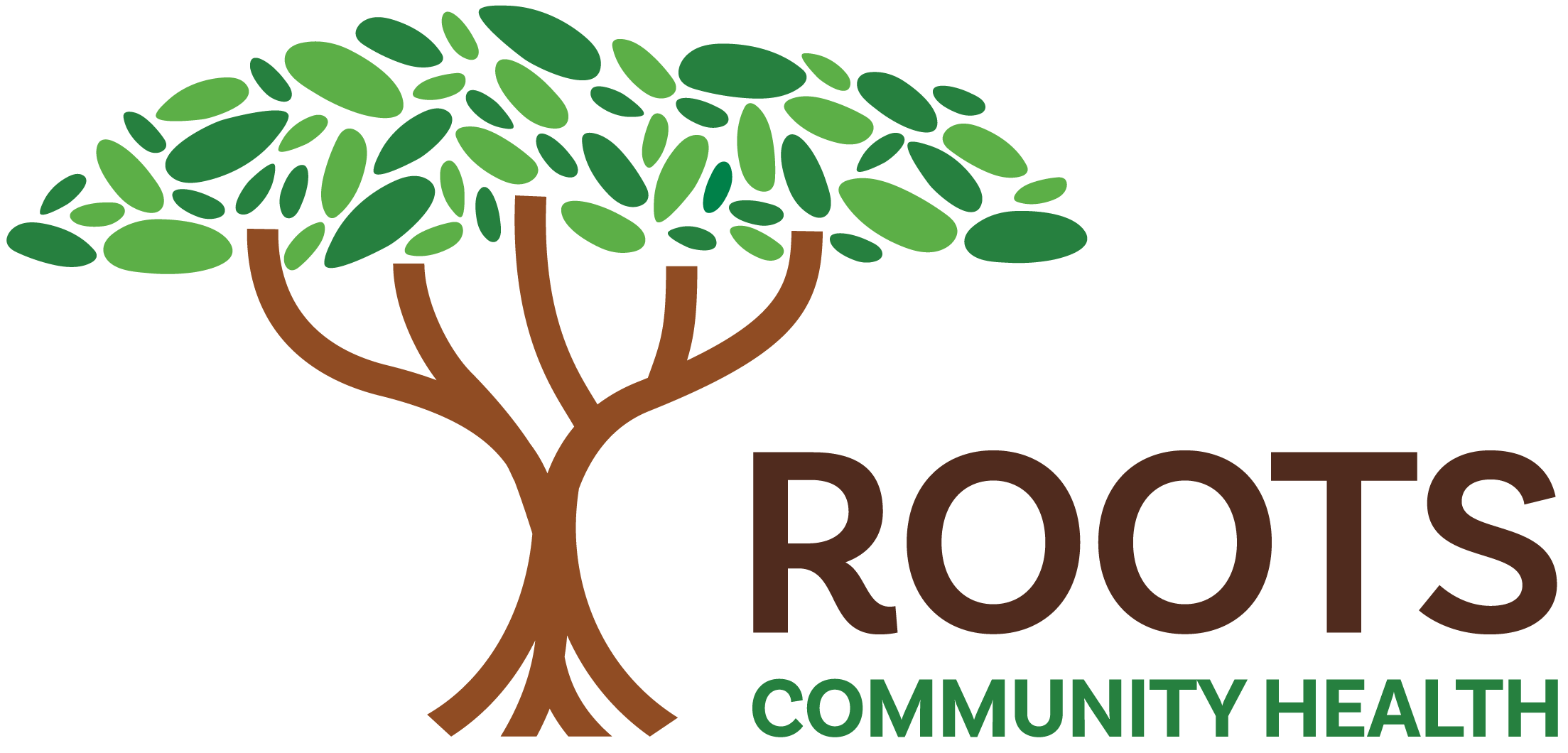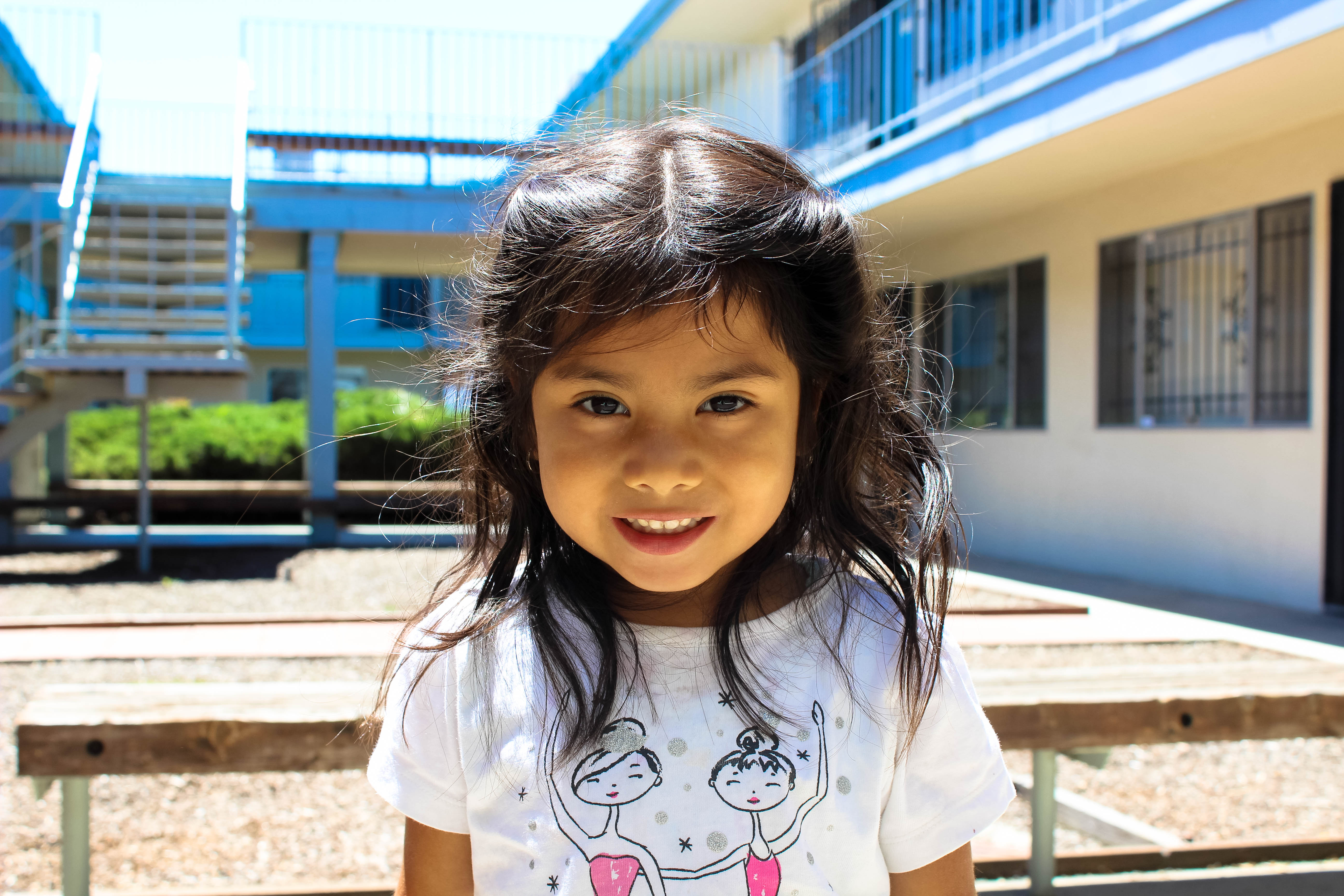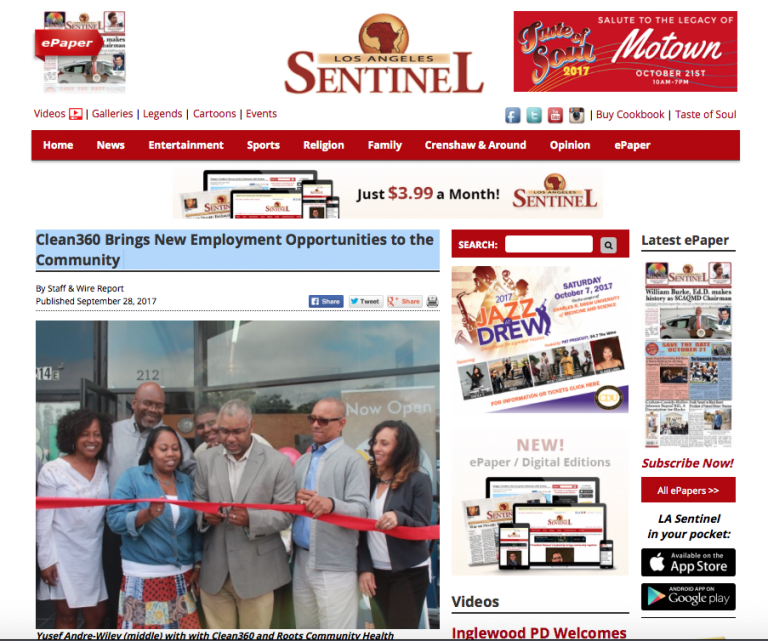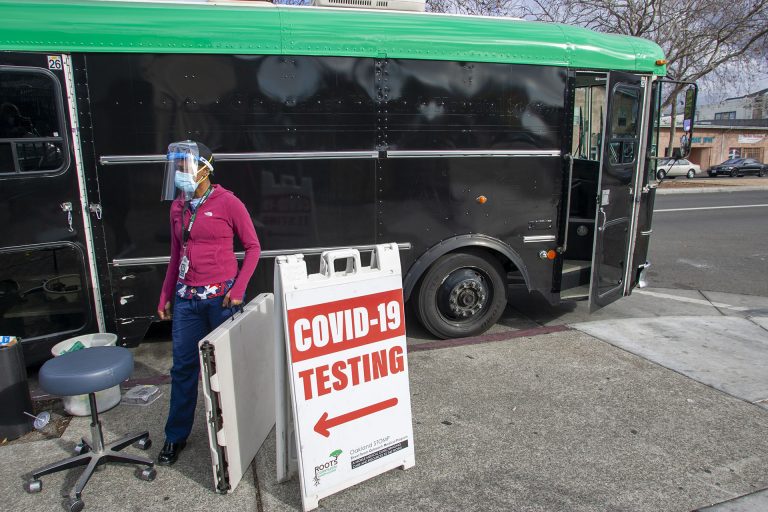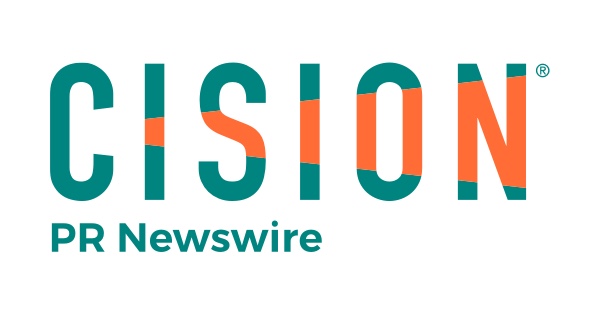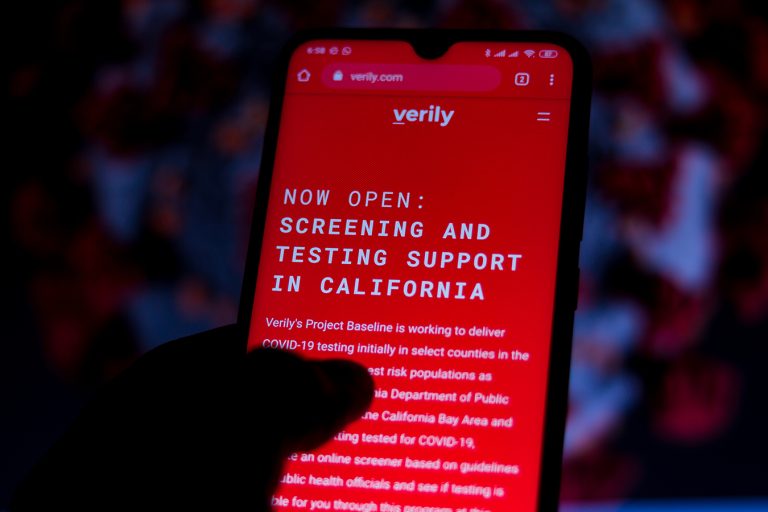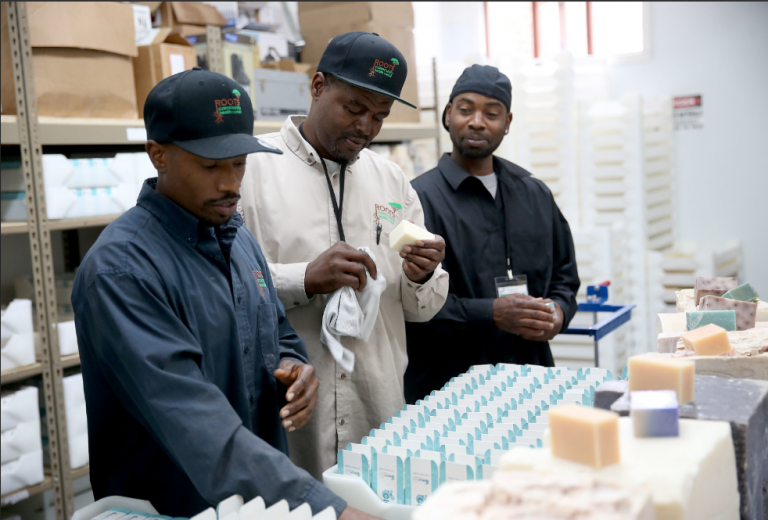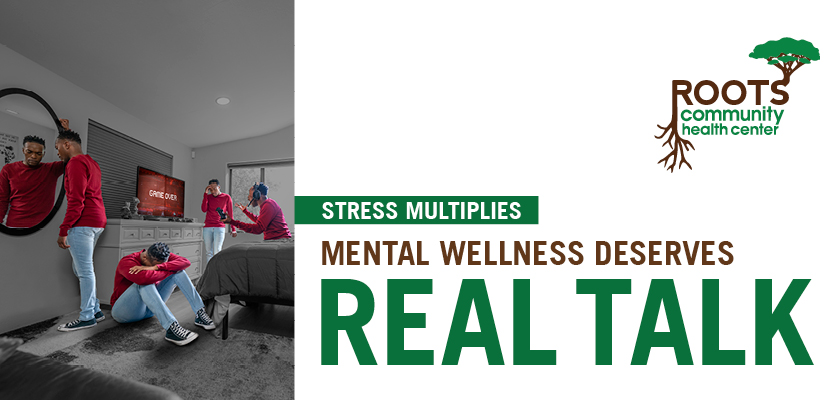Community-based organizations address health inequities
by posted 06.25.2021
Much attention has been focused on the barriers and challenges to accessing health care, highlighted by a pandemic that disproportionately harms Black, Latinx, Asian American Pacific Islander, and Indigenous communities.
Barriers to technology or lack of broadband impeded access to MyTurn and other scheduling tools. Barriers to transportation made it impossible or difficult for folks to access mega-sites and wait in hours long lines for the vaccine. Language barriers persist in folks getting answers to their questions about how the vaccine is free regardless of health insurance or immigration status.
These barriers are systemic, but they are not insurmountable.
From investments in public health to changes in policies, budgets, and decision making, to investments in community-based organizations, there are many tools at our disposal to change our systems.
Community-based organizations have relationships and knowledge of their communities that help them serve the distinct needs of the people that live in those areas.
And from housing to food access to health care, community based-organizations are in tune with the needs of their communities and offering resources and support to individuals that lack support to the things that make them healthy and safe.
Roots Community Health (Roots) served as a COVID-19 testing site, and now a vaccine site, and showed great success in meeting the needs of Latinx and Black communities in Oakland. From opening the first walk-up testing site in East Oakland without pre-registering or needing a car, to having hours outside of 9 a.m. to 5 p.m., to having translators on-site and trusted messengers like doctors from the community, they were able to address many of the long-standing barriers that communities of color faced in accessing health care.
Roots’ South Bay health center partnered with three local African American churches, Jerusalem Baptist Church, University AME Methodist Church and Antioch Baptist Church, to provide testing and vaccinations to thousands of people in which entire family units came to the pop-up clinics.
The Ethiopian Community Center also called upon Roots to start vaccinating its elders early on with pop-up clinics in the back of Roots’ parking lot and as California vaccination tiers expanded, more and more of the community centers members were sent for vaccinations.
Community-based organizations have relationships and knowledge of their communities that help them serve the distinct needs of the people that live in those areas. From culturally and linguistically competent care to knowledge of services and resources in those areas, they are distinctly and uniquely positioned to address social determinants of health and systemic racism.
As health professionals rooted in Oakland serving some of the people most vulnerable to getting and suffering from COVID-19, Roots embarked on The People’s Health Briefing to cut through the noise of misinformation and give the community information they can use to make the choices that will keep themselves, their loved ones and the rest of the community as safe as possible.
Long before the pandemic, community-based organizations were filling the gaps and meeting the needs of their communities.
The goal of the People’s Health Briefing is to empower the community with Roots’ best knowledge and thinking in 15 minutes every Tuesday morning.
A key part of change comes with shifting power, and resources, to the hands of the communities who know best what they need. The Health Equity and Racial Justice Fund, included in the legislature’s budget, will allocate $100 million ongoing to community-based organizations like ours, clinics, and tribal organizations who are focused on ensuring equitable outcomes for all communities. The Fund would put money directly into the hands of community who can best direct it where it should go.
Long before the pandemic, community-based organizations were filling the gaps and meeting the needs of their communities.
Roots’ new transitional housing and workforce preparedness program called Turning Point provides temporary, but stable housing while equipping its participants with the necessary skills to secure long-term employment. Additionally, it connects them to Roots’ expansive cache of services providing physical, emotional, and behavioral care to them, ensuring their health does not impede their ability to work. This program transforms lives, providing people a pathway out of homelessness that did not exist before.
It is long past time we had dedicated, ongoing investments to community-based organizations who play an important role in serving the needs of their community and address disparities in every sector of life.
With a pandemic that underscored the toll of not making investments, it will be far more deadly and costly if we choose to do nothing.
—
Editor’s Note: Jamaica Sowell is the Director of Programs and Policy at Roots Community Health in Oakland. The center’s mission is to uplift those impacted by systemic inequities and poverty.
